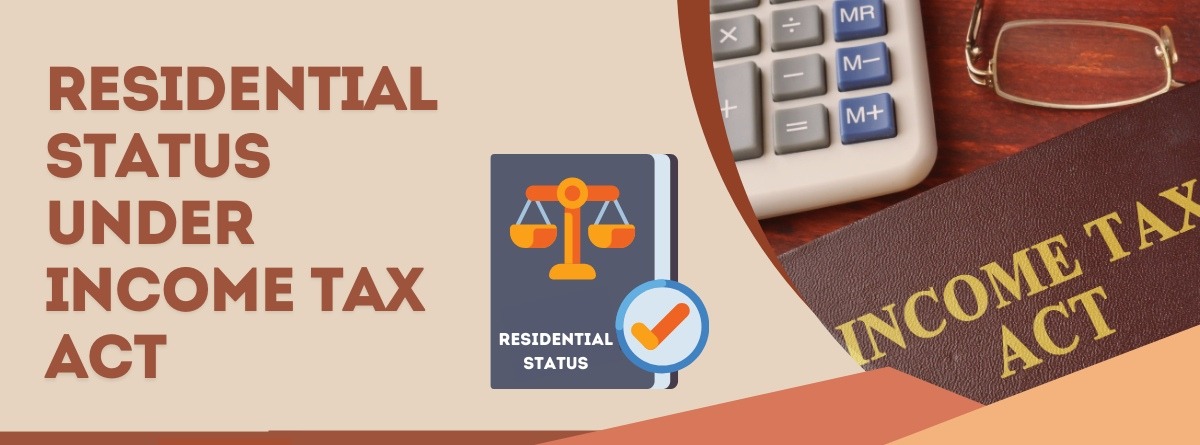P.C. Borooah, J.@mdashThis Rule is directed against an order dated April 6, 1976, passed by Sri B.K. Samanta, Munsif, First Court, Midnapore, in Money Suit No. 79 of 1974 dismissing the Defendants-Petitioners'' application for stay of the suit u/s 3 of the West Bengal Rural Indebtedness Relief Act, 1975 (hereinafter ''the Act'').
2. The Plaintiff opposite party filed the aforesaid suit against the Petitioners for recovery of a sum of Rs. 4,309 which has been taken on loan on the basis of two promissory notes. The suit was initially decreed ex parte, but on an application filed by the Petitioner under Order 9, Rule 13 of the CPC the suit was restored. Thereafter, the Petitioners filed an application u/s 3 of the Act for stay of the suit for a period of two years as, according to the Petitioners, all suits relating to the recovery of any debt pending before a civil Court have to be stayed for that period if filed after the coming into force of the Act.
3. Mr. Tarak Nath Roy, appearing on behalf of the Petitioners, has argued that although the Petitioners may not be ''debtors'' within the meaning of Section 2 of the Act, but nevertheless u/s 3(ii) of the Act it was incumbent on the part of the learned Munsif to stay the suit, as all suits in relation to the recovery of a debt have to be stayed for a period of two years. Mr. Sahu, learned Advocate appearing on behalf of the Plaintiff opposite party, has contended that unless the Defendants are ''debtors'' within the meaning of Section 2(d) of the Act, the Money Suit cannot be stayed.
4. According to the preamble, the object of the Act is to provide for relief of rural indebtedness in West Bengal. Or, in other words, it was the intention of the Legislature in passing the Act to provide some measure of relief to the indigent people of rural areas in respect of repayment of money by the stay of pending suits for a certain period, remission of interest, etc. The Petitioners admittedly are men of means and even, according to Mr. Roy, they do not come within the definition of ''debtor'' as defined in Section 2(d) of the Act. The question then arises whether a suit relating to the recovery of a debt from a person, who is not a ''debtor'' within the meaning of the Act, has to be stayed under the provisions of Section 3 of the Act.
5. Section 3 of the Act is in the following terms:
Notwithstanding anything contained in any other law for the time being in force or in any contract, custom or usage to the contrary, with effect from the date of commencement of this Act,
(i) no civil Court shall entertain any suit, application or proceeding against a debtor in respect of any debt incurred by him;
(ii) any suit, application or proceeding in relation to recovery of a debt pending before a civil Court shall be stayed; and
(iii) no decree of a civil Court in relation to the recovery of a debt which was passed before the commencement of this Act shall be executed for a period of two years.
6. Question now arises, can Section 3(ii) of the Act be read independently of Section 3? The answer is obviously ''no''. Section 3(i) makes it clear that the relief as provided under the sub-section is only available to a debtor in respect of any debt incurred by him. Although Section 3(ii) does not mention the fact that the suit, application or proceeding must relate to the recovery of a debt from a ''debtor'', nevertheless from the preamble of the Act and the scheme of the Statute, it must be clear that Section 3(ii) must necessarily relate to the recovery of a debt from a ''debtor'' as defined under the Act. In that view of the matter, the learned Munsif was fully justified in dismissing the Defendants-Petitioners'' application for stay of the suit u/s 3 of the Act.
7. The application, accordingly, fails and is rejected and the Rule is discharged. In the circumstances of the case, there will be no order as to costs.
Let the records be sent down at once and let the learned Munsif proceed with the trial of the suit as expeditiously as possible.

